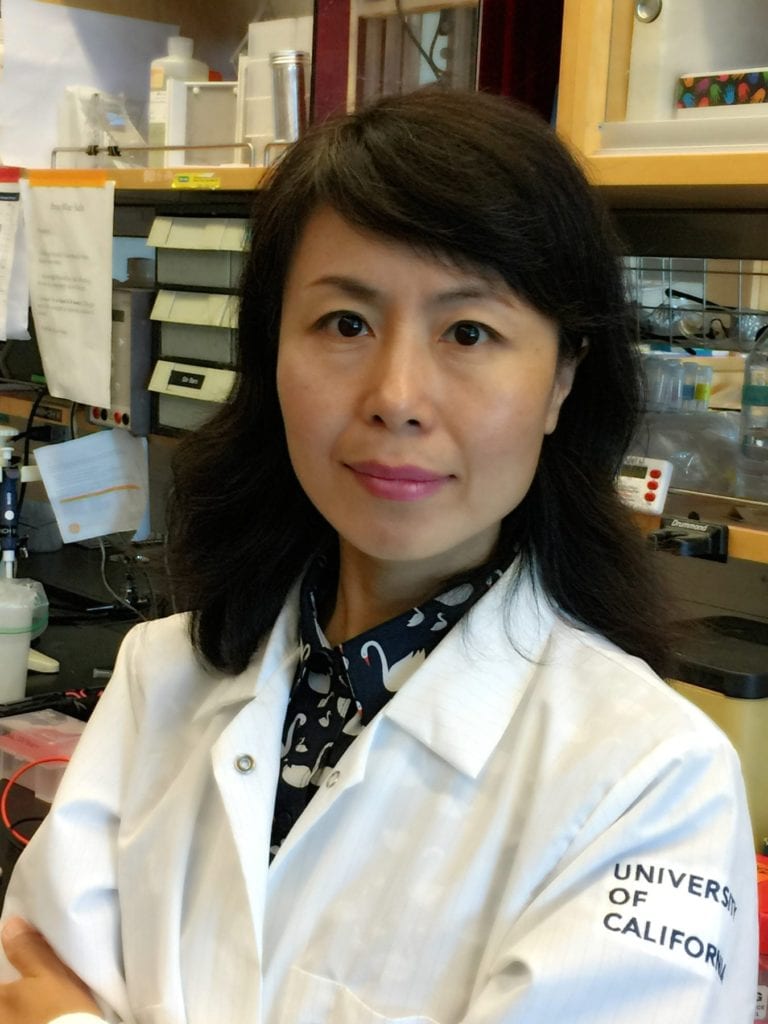Research Q&A with Dr. Weici Zhang
Institution: Division of Rheumatology, Allergy and Clinical Immunology, University of California at Davis
Project Title: IGFBP4 Expression Licenses Macrophage Immune-Mediated Biliary Destruction in PBC
 1. What is your first memory/experience of wanting to be involved in scientific research?
1. What is your first memory/experience of wanting to be involved in scientific research?
When I first became interested in the field of scientific research, I was but a green medical student who had only just begun my journey of earning my degree. At time, HBV had infected over 350 million, including one of my relatives. Luckily, HBV vaccine was developed following rigorous scientific research . I made it my lifetime’s goal to become a researcher in hopes of one day making a lasting contribution.
2. How did you learn that you had won an ALF Research Award?
When I first discovered that I had won the ALF Research Award, I was working well into the early morning hours. I had just finished my bench works when I decided to check my emails. An email congratulated me on my win, which made my day.
3. Describe your Research Award Project in very simple (layman) language?
Based on our recent findings, we propose that an immune cell, called a macrophage, undergoes DNA modifications and become more active once exposed to dead bile duct cells and autoantibodies. These activated macrophages secret a large amount of IGFBP4, a soluble protein, to promote bile duct death.
4. What do you hope your research project will lead to:
a. In the short term?
This study is directed to novel biomarkers for prediction of disease progression and better efforts to understand disease pathogenesis.
b. In its overall contribution to a specific area of liver research?
We aim to understand why immune reactions in a person with PBC eventually target their bile ducts.
5. How did you first hear about the ALF Research Award Program?
I first became acquainted with the ALF Research Award Program at the AASLD meeting in D.C.. It was there that I visited the American Liver Foundation booth and learned about this program.
6. What is the one thing you would like readers to know about why liver research is so important?
All scientific research is important, but liver research is especially important. According to data released by United Network for Organ Sharing, approximate 20 people die each day while waiting for a transplant, including liver transplants. For example, there is no cure for primary biliary cholangitis (PBC). Liver transplant is still the only hope for the patients with end-stage PBC. Research is the only way to help people and allow them to lead better lives.
Last Updated on July 18, 2018
Share this page





